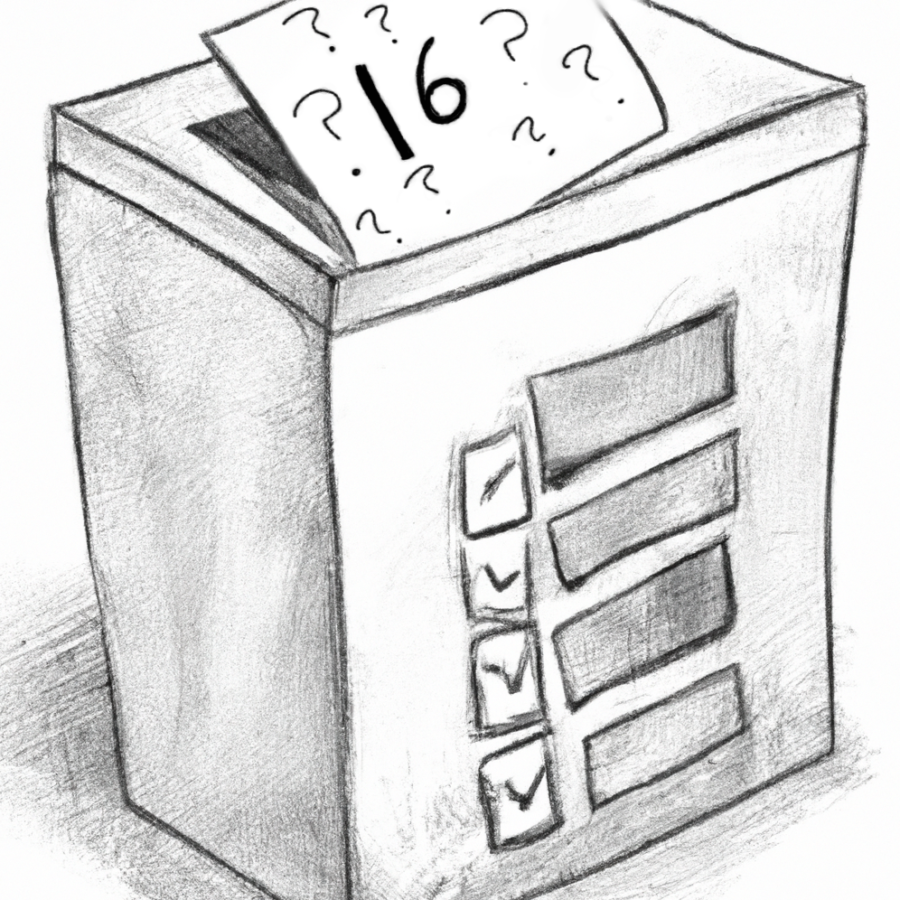Should 16 and 17 Year Olds be Allowed to Vote?
February 15, 2023
At 16, you can: drive, earn money, apply for the army, be charged with criminal offences and are expected to act maturely. Yet, you cannot contribute to a decision that will shape the rest of your life.
But why? Young Australians are passionate about a range of issues – climate change, access to healthcare, housing affordability, racial justice etc. As we are the future, we are the ones who lose the most from government inaction. Currently, we have no real say on what goes on with politics and policies.
That being said, recently a new plan to lower the age of voting was recently initiated by The Greens. Their argument, in a nutshell, is “Australians should have a say on issues that will have a disproportionate impact over their lifetimes”.
Thirteen countries around the world allow at least some 16-year-olds to vote, including Argentina, Austria, Brazil, Cuba, Ecuador, East Timor, Greece, and Indonesia. Even New Zealand is pushing to lower its voting age. So, what about Australia?
In 2019, the problem was first addressed but quickly shut down after “the committee had seen no evidence that there is a significant concern or trend towards non-voting that justifies extending the franchise”.
Much of the opposition say young people lack sufficient moral judgement, cognitive ability or life experience to vote responsibly. But there are piles of research pointing in the opposite direction, showing 16-year old’s have sufficient ethical and cognitive capacities to form political judgements.
Lowering the age in Australia is, arguably, a good thing to do, as most Australians who are 16 are already expected to (and able to) do a number of ‘adult’ things. It is the age in most states where Australians can legally have sex and start applying for employment in the army and navy. Many also believe 16-year old’s also have the right to representation if they have started either part-time or full-time work and are paying tax.
With younger Australians encouraged to vote, the livelihoods of youth would be improved. Young people would increase their representation and topics such as education and schooling would be addressed more frequently.
Research also indicates that voters who participate in politics at an earlier age are more likely to become lifelong voters proving to be beneficial for democracy and the overall well-being of a country’s political landscape.
But why are younger voters so much more engaged?
Perhaps it’s the benefit of having family and teachers around who can help socialise them into the practice of voting at elections. While 18-year-olds are more likely to be out of the house and left up to their own devices, navigating this new responsibility by themselves. With this argument alone, it seems like a good idea to teach young Australians about their voting responsibilities before they are forced to make the decision alone.
Young Australians deserve the right to vote. We are expected to follow the law – yet, right now, we have no say in making it.













Cameron • Mar 11, 2023 at 12:44 am
Top Stuff!